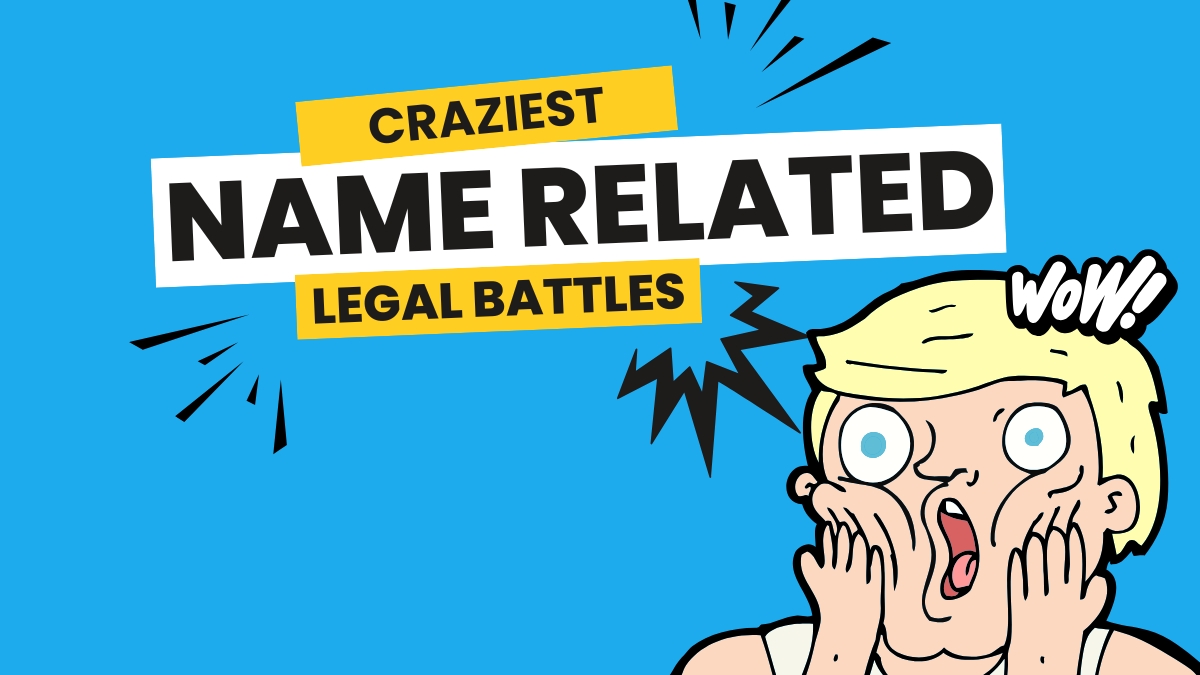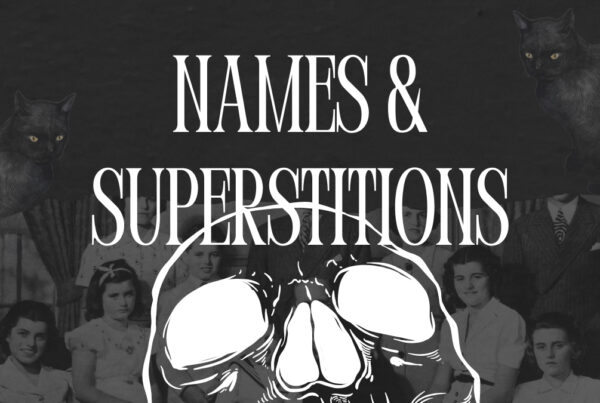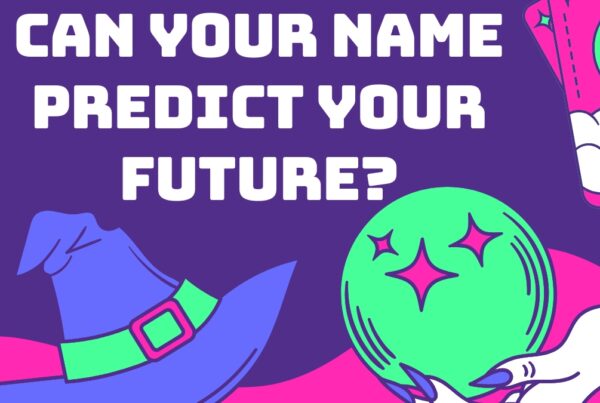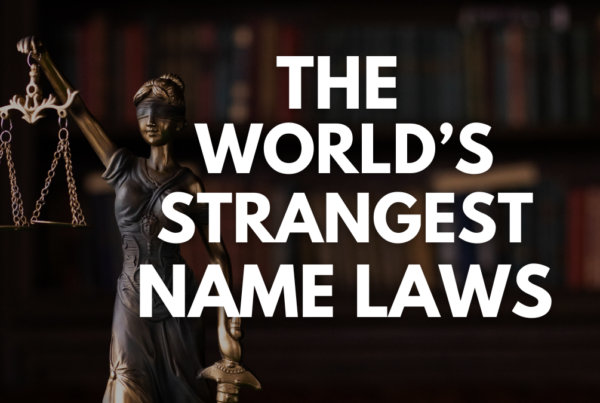When Names Go to Court
Names appear easy, don’t they? You are born, a name is given to you, and that’s the end of it. However, there are times when names lead to serious issues, issues so serious that they go to court!
Imagine trying to give your baby a creative name, only to have the government reject it. Or attempting to change your name to something awesome, but the judge responds with, “Not happening.” Or what if another person attempts to steal your name and use it for profit?
Names are more powerful than they seem. This article will explore some of the strangest, funniest, and most shocking real-life legal battles all about names.
A Parent’s Fight: Wanting a Unique Baby Name
In 2008, a case in New Zealand made international headlines when it was revealed that an 8-year-old girl had been given the name:
Talula Does The Hula From Hawaii.
Yes, that entire phrase was her legal first name.
Why Did the Parents Pick That Name?
The parents stated it was intended to be fun, one-of-a-kind, and unique. They didn’t mean to harm the child. They simply searched for a special, charming name. However, they were unaware of the effect this decision would have on their daughter’s life.
The Girl Hated Her Name
When the girl turned 8, she stopped telling people her real name. She was so embarrassed that she told her friends to just call her “K.” Even her classmates and teachers were unaware of her full name.
She was aware that if anyone discovered it, she would likely be teased or laughed at.
The Court Steps In
The situation reached a courtroom during a custody hearing. The judge, Justice Rob Murfitt, was so shocked by the name that he ruled it was unfair and harmful to the child. He said that the name:
“Makes a fool of the child and sets her up with a social disability and handicap.”
He even gave the girl a court-ordered name change, which is very rare. The court also took temporary guardianship just so her name could be changed right away. The new name was kept private for the girl’s protection.
The Bigger Problem
This wasn’t just about one unusual name. New Zealand officials were starting to worry about the rising trend of ridiculous baby names. Names like:
- Fish and Chips (yes, twins)
- Yeah Detroit
- Number 16 Bus Shelter
- Violence
All of these had been submitted at one point by real parents.
Because of cases like “Talula Does The Hula,” New Zealand made their naming rules much stricter. The government now reviews baby names before they’re approved, and any names that might cause embarrassment or offense are rejected.
A Name as Protest
Wait… What Was That Name Again?
Let’s take another look:
Brfxxccxxmnpcccclllmmnprxvclmnckssqlbb11116
This wasn’t a typo. This was the actual name submitted by a couple in Sweden in 1996 for their baby boy. And according to the parents, it was supposed to be pronounced… “Albin.”
Yup. All those letters and numbers = Albin. 🤯
The story starts with a protest.
Sweden has a strict naming law called the “Naming Law of 1982,” which says that names must not:
- Offend people
- Cause discomfort to the child
- Be clearly unsuitable as a first name
When the couple had their son in 1991, they refused to name him anything at all for five years. Eventually, the Swedish government fined them 5,000 kronor (about $700 at the time) for not registering a name.
So what did they do?
They got creative… and sarcastic. As a form of protest, they submitted the absurd name Brfxxccxxmnpcccclllmmnprxvclmnckssqlbb11116 and claimed it was a work of “art.”
They said the name was:
“A meaningful expression, a product of both philosophical thought and playful creativity.”
Basically, it was their way of saying, “Your rules are silly, so here’s a silly name.”
What Did the Court Say?
The Swedish authorities were not amused. The name was quickly rejected for being ridiculous and not following any traditional naming structure. The court said it clearly violated the law because:
- It was impossible to pronounce
- It seemed like nonsense
- It could hurt the child socially
So the parents’ protest backfired. The name was denied, and they still had to give their son a name that followed Swedish naming rules.
But They Didn’t Stop There
Not long after their first name idea was rejected, the parents tried again. This time, they proposed naming the child just the letter “A”, pronounced “Ah.”
That name was also rejected.
At this point, it seemed like the parents were trying to make a point, not just name their child. They wanted to show how government rules on names could feel controlling or silly, especially when names are such a personal decision.
A Man Named “Beezow Doo-Doo Zopittybop-Bop-Bop”
Meet Beezow (Yes, That’s His Legal Name)
Originally born as Jeffrey Drew Wilschke, this Wisconsin man legally changed his name in 2011 to what might be the most outrageous full name ever recorded in the United States:
Beezow Doo-Doo Zopittybop-Bop-Bop
Yes, every part of that name was intentional. Beezow legally filed for the change through the Dane County court system, and once it was approved, that was it. He was officially and legally a Beezow.
Why Would Anyone Choose That Name?
According to Beezow himself, the name had personal meaning. In an interview after his arrest in 2012 (we’ll get to that), he broke down the meaning of each part:
- Beezow – A reflection of the “buzz” of awareness and the interconnectedness of the universe.
- Doo-Doo – Symbolic of the struggles in life. Like, yeah… the “doo-doo” you deal with.
- Zopittybop-Bop-Bop – The joy of life and laughter.
Fame and Trouble
Beezow didn’t stay out of the headlines for long. In January 2012, he was arrested in Madison, Wisconsin for:
- Carrying a knife
- Possession of marijuana
- Violating probation
The story blew up online—not just because of the arrest—but because of his name. News anchors had to try to say his name with a straight face, and most failed. He became an overnight internet legend. Memes spread fast. Social media went wild. Late-night shows even joked about him.
But unfortunately, Beezow’s story didn’t end there.
More Arrests, More Headlines
In 2013, Beezow was arrested again in Washington State for assaulting a judge and causing disruptions in court.
In 2016, he was arrested in Iowa after allegedly attacking university officers and threatening President Obama (yes, seriously). He was charged with multiple felonies, including assault and harassment.
At that point, the public image of Beezow went from quirky name guy to a troubled man with serious legal problems.
The Man Who Legally Became “Captain Awesome”
Who Was He Before?
The true story features Douglas Allen Smith Jr., a man from Oregon.
Just an ordinary guy… until 2011, when he took a bold step: he entered a courtroom and submitted legal documents to change his name to something really unique.
The name he has chosen now? Captain Fantastic
Exactly. He aspired to be Captain Awesome, not just “Doug,” “Dave,” or “Bob”—a superhero in everyday life.
Why “Captain Awesome”?
Captain Awesome isn’t just a random name. It’s actually inspired by a fictional character from the hit TV show Chuck ,a goofy, fun spy/comedy series that aired from 2007 to 2012.
On the show, a character named Devon Woodcomb is so perfect at everything (he’s handsome, smart, athletic, a doctor, etc.) that his friends call him “Captain Awesome.” It became his nickname because, well… everything he did was awesome.
Douglas (soon to be Captain Awesome) thought the name fit him too. He liked the sound of it, the fun vibe, and the pop culture nod. It wasn’t meant to be taken too seriously. It was more like, “Hey, why not have a little fun with my name?”
So Douglas filled out the paperwork, paid the fee, and went to court to make it official.
And guess what?
The judge approved it.
Douglas Allen Smith Jr. was now Captain Awesome — legally.
He Took It Seriously (Sort Of)
Once his new name was official, Captain Awesome went all in.
He started:
- Signing his emails and letters as Captain Awesome
- Asking people to call him by the full name
- Even got a driver’s license with “Captain Awesome” on it
But the best part?
He requested to have the “⚡️” lightning bolt symbol added to his signature — just like a superhero logo. He wanted to sign documents with a lightning bolt, not just plain letters.
Sadly, the court said no to that part. The law doesn’t allow symbols in legal signatures.
Still, his name was approved in full: Captain Awesome.
Business Battles: Who Owns a Name?
Beyoncé vs. Blue Ivy
When Beyoncé and Jay-Z had their baby, they named her Blue Ivy. Then they tried to trademark the name, so they could use it for things like clothing and products.
But here’s the twist: there was already a wedding planner named Blue Ivy Events.
The wedding planner fought back in court, saying she had been using the name for years. In the end, Beyoncé didn’t win full control of the name. The event company got to keep using it.
Kanye West vs. “Coinye”
In 2014, someone created a cryptocurrency called Coinye, and it used a cartoon version of Kanye West’s face.
Kanye was not amused. He sued the creators for using his image and name without permission. The lawsuit worked—the creators shut the whole thing down, and Kanye won.
This shows that names—especially famous ones—can be valuable property.
Starbucks vs. a Bar Called “Starbarks”
There was once a dog bar named Starbarks, where people could drink coffee and bring their pets. But Starbucks didn’t like the name and took legal action, claiming it was too close to their brand.
Starbarks had to change their name, proving again how big companies protect their names like treasure.
When People Sue Each Other Over Names
Taylor Swift’s Name Trouble
Taylor Swift’s team has filed many trademark requests for things like:
- “Swifties”
- “This Sick Beat”
- “1989”
Why? To stop others from using her lyrics and name to sell stuff without her permission.
In some cases, smaller businesses tried to use “Swift” in their brand and got legal notices. It caused a lot of drama about whether stars are going too far to control their names.
The Battle Over “Ice Ice Baby”
Rapper Vanilla Ice got sued by the band Queen and David Bowie for using the tune from “Under Pressure” in his hit “Ice Ice Baby.” At first, he said the beat was different. But after legal pressure, he paid a settlement.
Even though it wasn’t a name fight exactly, it showed how even words and sounds tied to names or songs can lead to legal fights.
Names and Gender Identity
The Right to Change Your Name
In some places, it used to be very hard for transgender people to legally change their names. But many people fought in court to get that right, saying their name should match their gender identity.
Thanks to these legal battles, many countries now make it easier for people to change their name legally, even without surgery.
That’s a powerful example of how names are tied to our freedom and human rights.
What Do These Battles Teach Us?
These name-related legal fights might sound funny, but they tell us a lot about the power of names. Here’s what we can learn:
- Names are personal. People feel strongly about what they or their kids are called.
- Names are legal tools. They connect us to rights, identities, and brands.
- Some names are not allowed if they’re offensive, confusing, or dangerous.
- People fight for their names—whether it’s about being unique or protecting a business.
Names might seem small, but they’re a huge part of how we live and express ourselves.
Conclusion: Would You Go to Court for Your Name?
Picture the situation where you want to give your child a name you adore, and someone tells you, “no.” Or desiring to change your name to something that feels right, but requires a judge’s approval. Or suddenly discovering that someone else is profiting from your name!
Names can take you to courtrooms, conflicts, news articles, and even prison. They are more than just letters. They are connected to creativity, freedom, identity, and pride.
The next time you say your name, consider its meaning… and how fortunate you are to have one.
Curious about just how far some people take their names? Don’t miss our next article: The Most Bizarre and Hilarious Name Changes Ever — you won’t believe what some folks have legally called themselves.




